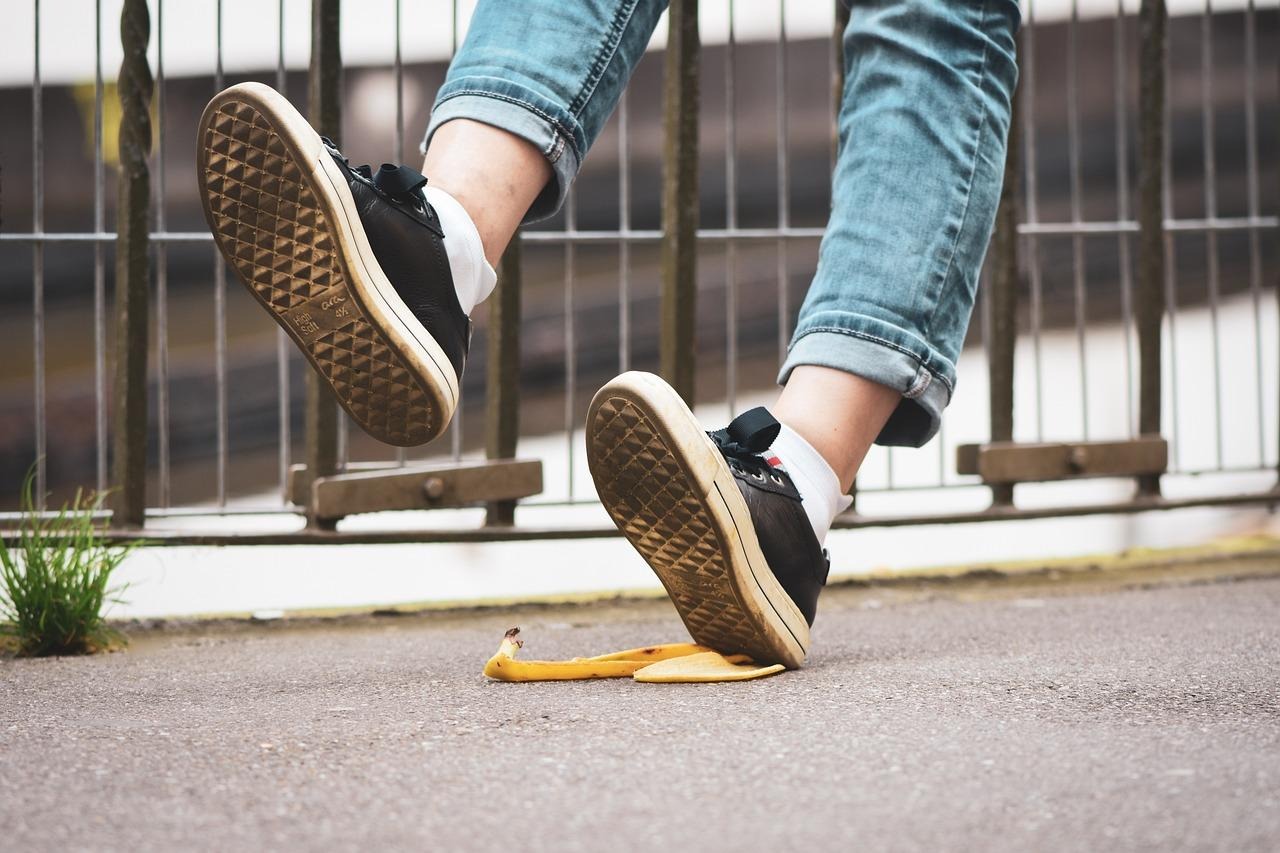When you take a simple trip to the store, a restaurant, or even a friend’s house, the last thing you expect is to leave injured. Yet slip and fall accidents happen all the time. And when they do, they can cause serious injuries—things like broken bones, back problems, or long-lasting pain.
Florida is a beautiful state in the United States. It is a place with sunny sidewalks and busy shops, and accidents like slips and falls can commonly happen here. If you’re ever hurt in a fall on someone else’s property, it is smart to contact a Florida slip and fall lawyer as soon as possible.
They can guide you through the legal process, help gather the right evidence, and make sure your claim is filed before the deadline, which is called the statute of limitations. Let’s break down what Florida’s statute of limitations for slip and fall cases really means and how it could affect your case.
What Is a Statute of Limitations?
In simple terms, a statute of limitations is the legal time limit you have to file a lawsuit. Every state has different timeframes for different types of legal cases. In Florida, this rule helps prevent claims from being brought up too long after an incident, when evidence may be lost and memories may fade.
It’s not just a suggestion. If you try to file a case after the deadline, the court will likely dismiss it—even if you have a strong case. That’s why it’s so important to understand the timeline and act within it.
How Long Do You Have to File a Slip and Fall Lawsuit in Florida?
As of 2023, Florida law gives you two years from the date of the accident to file a personal injury lawsuit, including those involving slip and fall incidents. This is a recent change. Before 2023, the deadline used to be four years. However, under the updated law, the timeframe has been cut in half.
So, if you slipped on a wet floor at a grocery store on January 1, 2025, you would have until January 1, 2027, to file your lawsuit. Missing that deadline, the court will likely throw out your case, no matter how serious your injuries are.
What Happens If You Miss the Deadline?
If you don’t file your lawsuit in time, the court can—and probably will—dismiss your case. That means you lose the chance to get compensation for your injuries, medical bills, and other costs. It also means the person or business responsible for your injury won’t be held legally accountable.
This is why acting quickly is so important. Even if you’re not sure whether you want to file a lawsuit, it’s a good idea to speak with a lawyer soon after your accident. They can help you understand your options and make sure you don’t miss the window to take action.
Are There Any Exceptions?
Yes, in some cases, the statute of limitations might be paused or extended. This is called “tolling.” For example:
- If the injured person is mentally incapacitated
- If the person responsible for the injury leaves the state or tries to hide
- If the injured person is a minor (under 18)
Still, these exceptions don’t apply to most cases. It’s always best to assume the two-year limit applies unless a qualified attorney tells you otherwise.
Why Time Matters in a Slip and Fall Case
Beyond the legal deadline, there’s another reason not to wait: evidence. The longer you wait to take action, the harder it is to gather key details. Surveillance footage can be erased. Witnesses may forget what happened. Documents can be misplaced. A timely response helps keep your case strong.
Final Thoughts
Slip and fall accidents can turn your world upside down in an instant. And while healing from your injuries should come first, it’s just as important to know your legal rights. Florida’s statute of limitations gives you two years to file a claim, but the sooner you act, the better. If you’ve been injured in a fall, don’t let the clock run out. Learn your options, talk to someone who understands the law, and take the next step with confidence.






